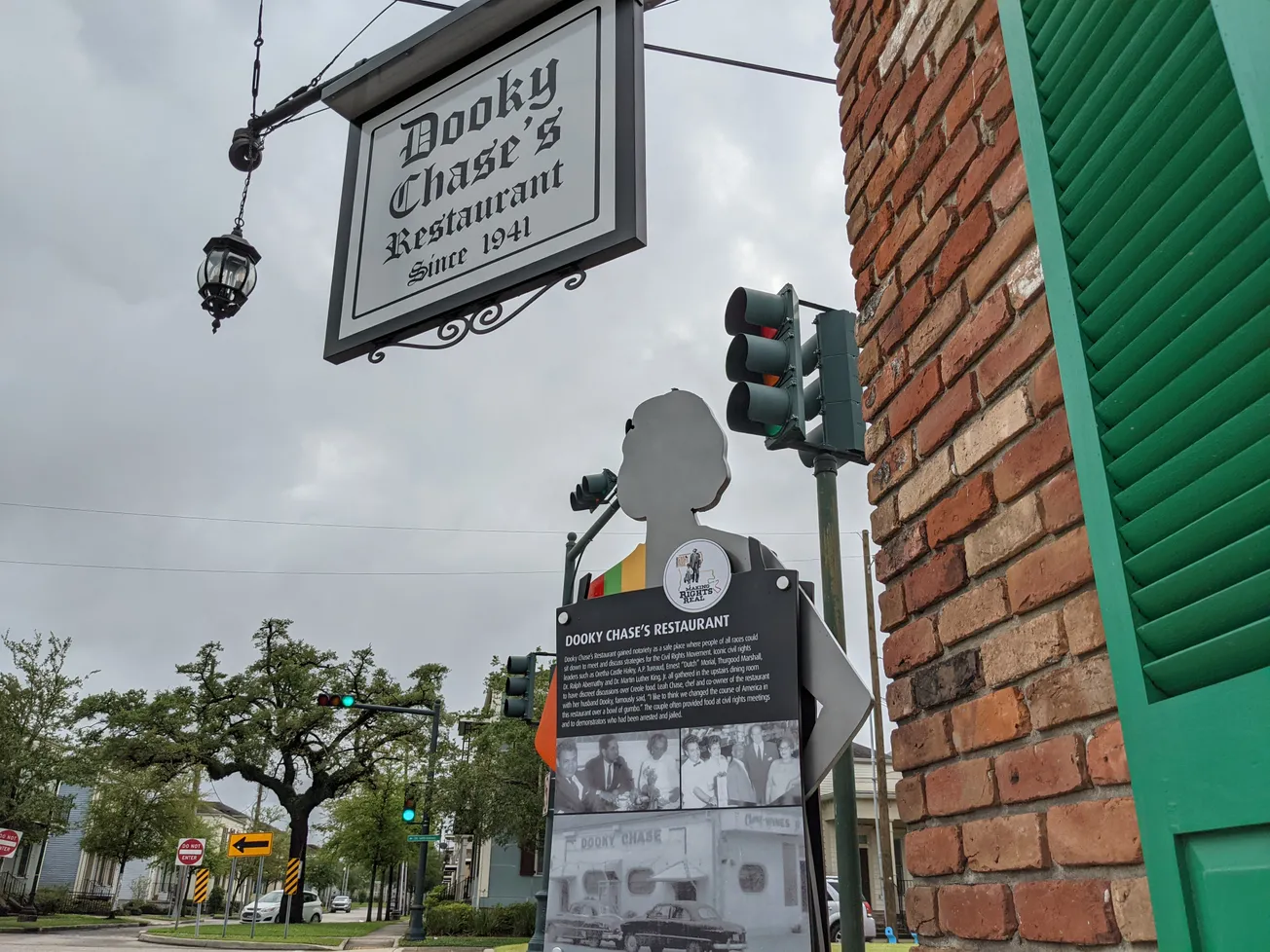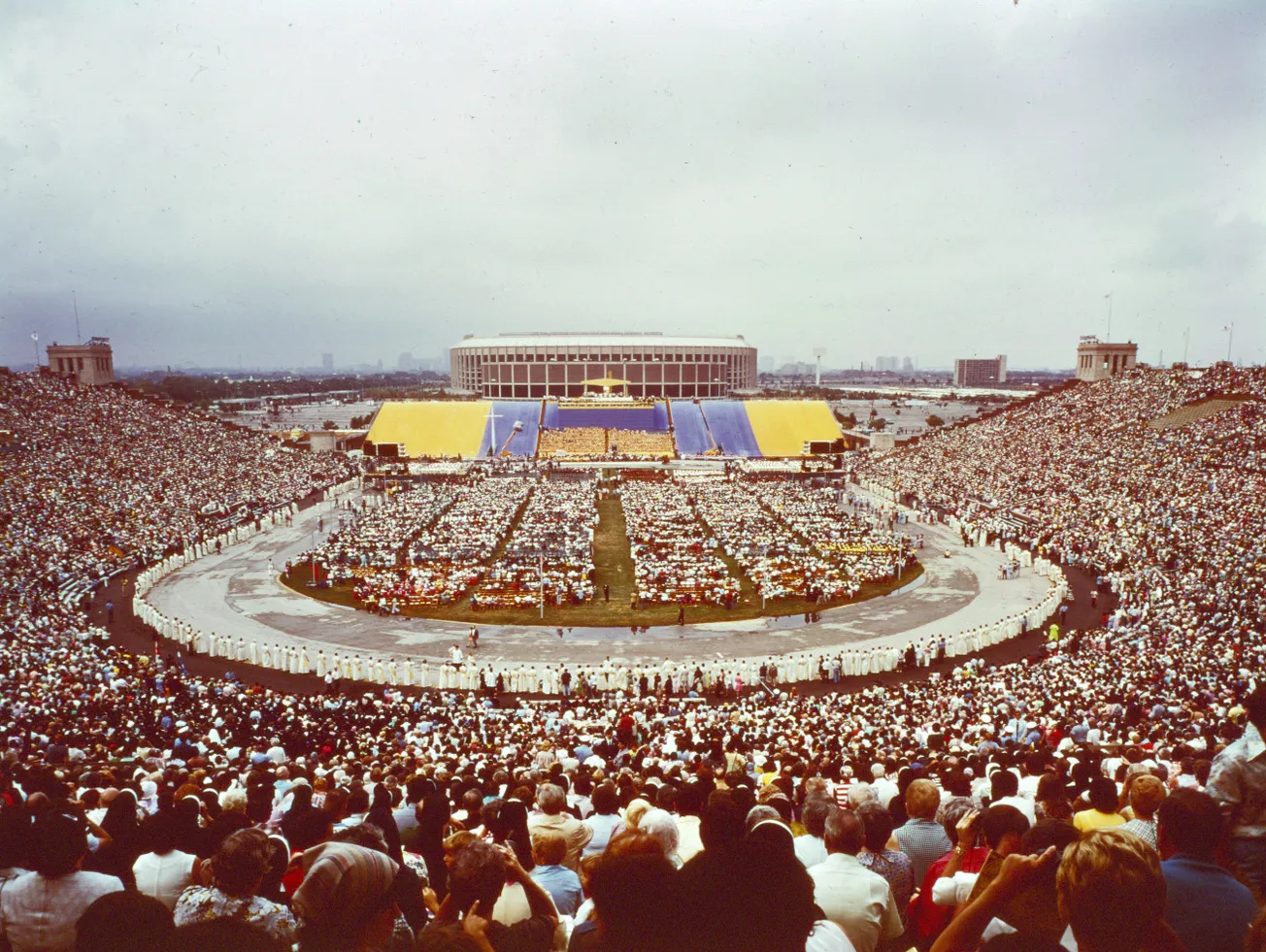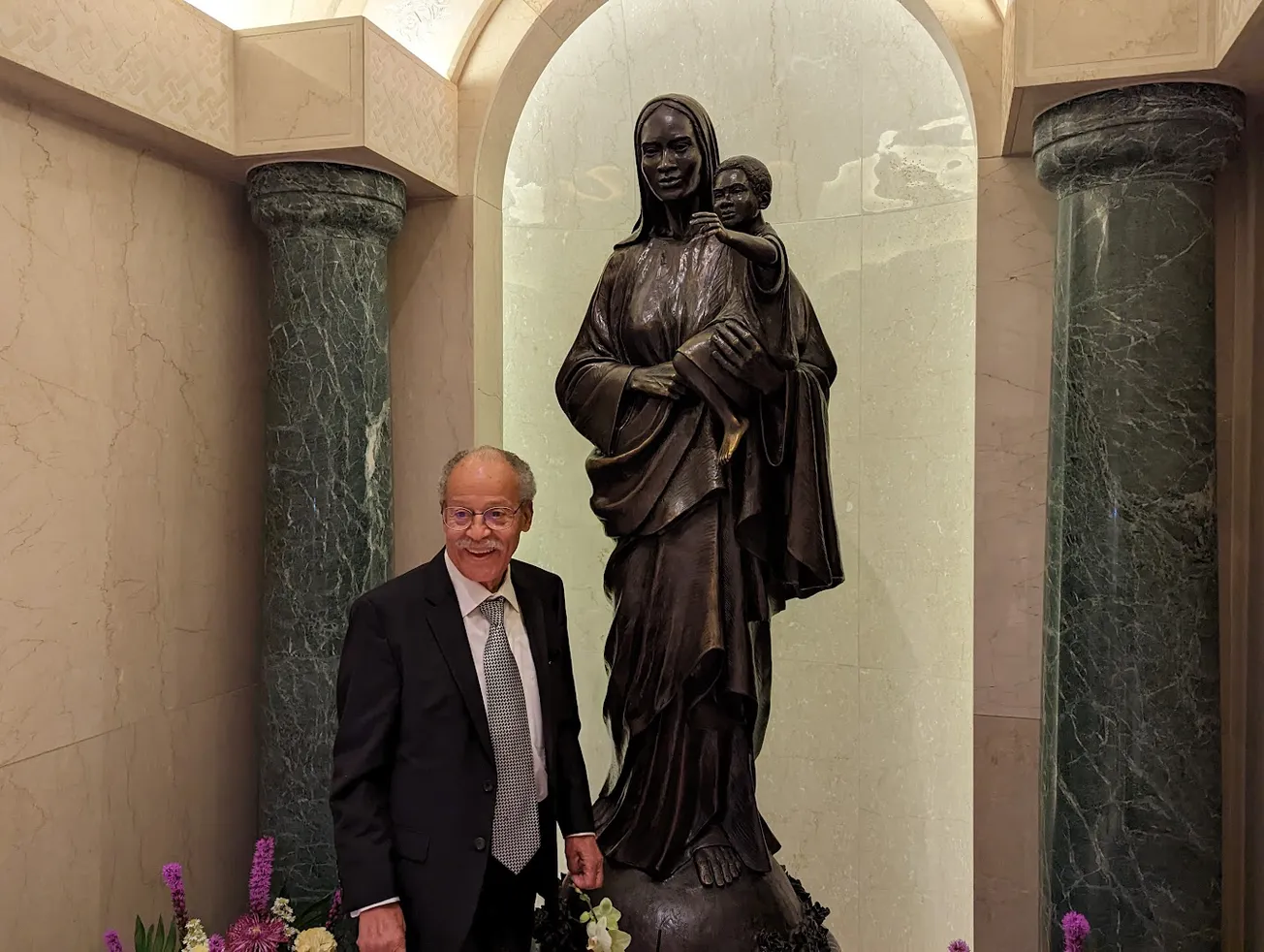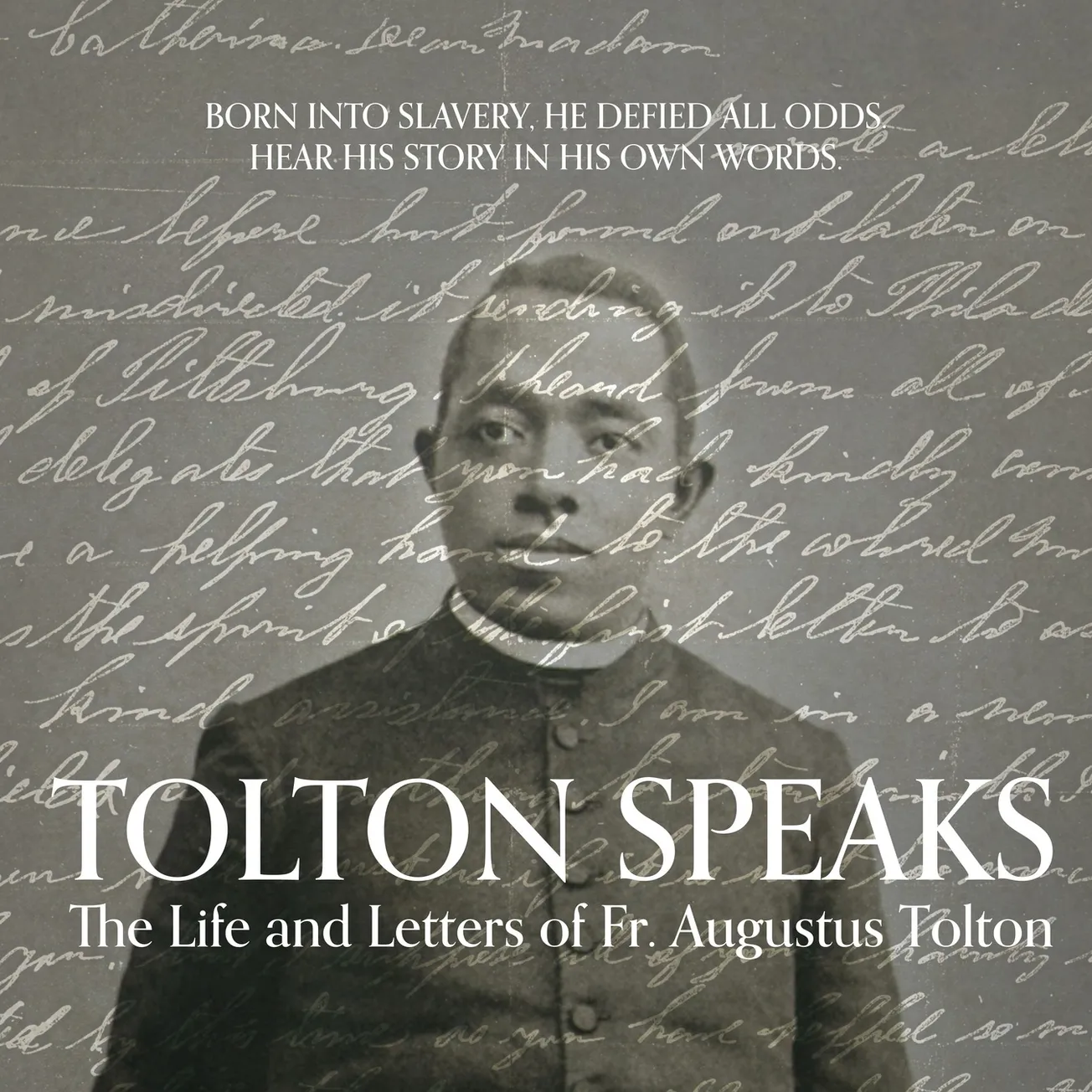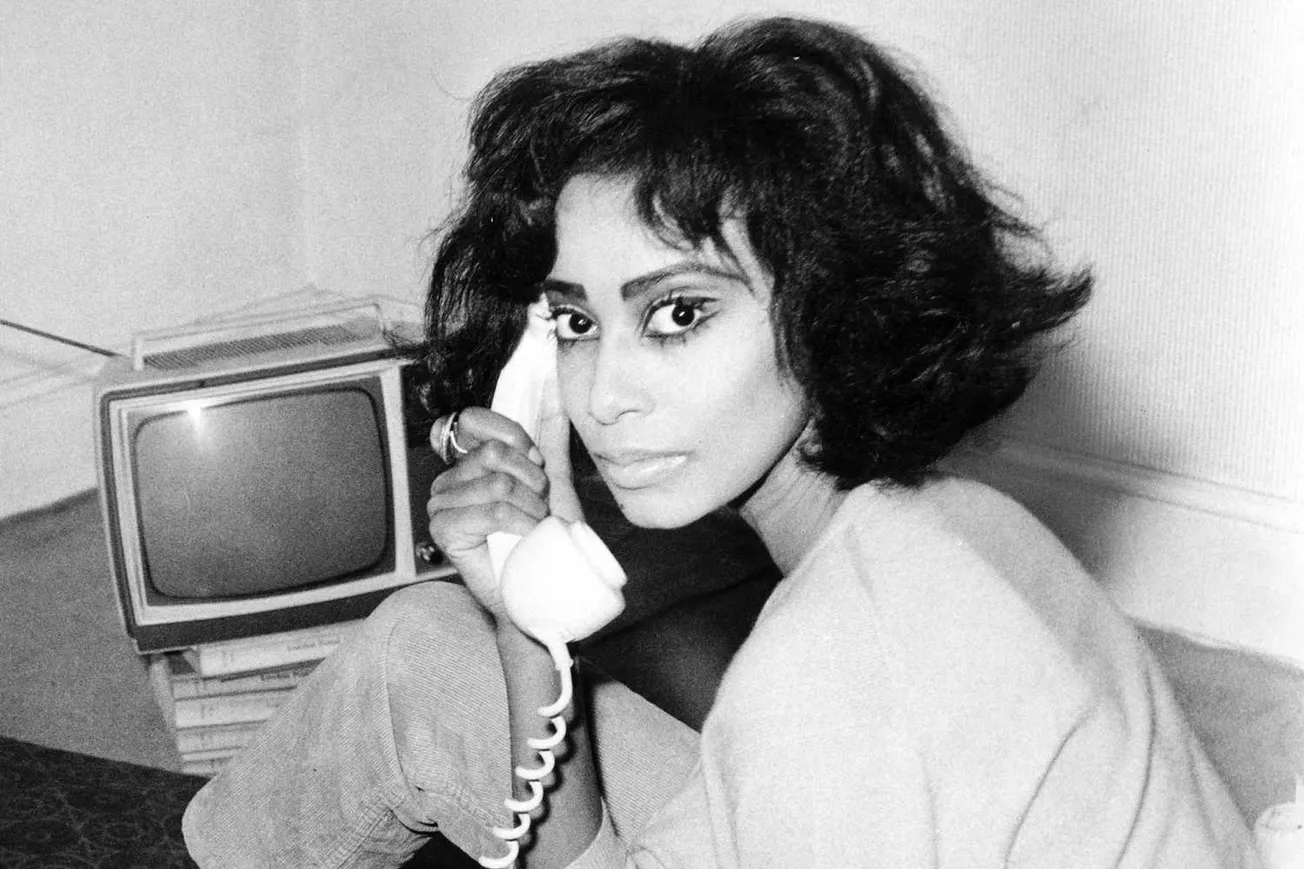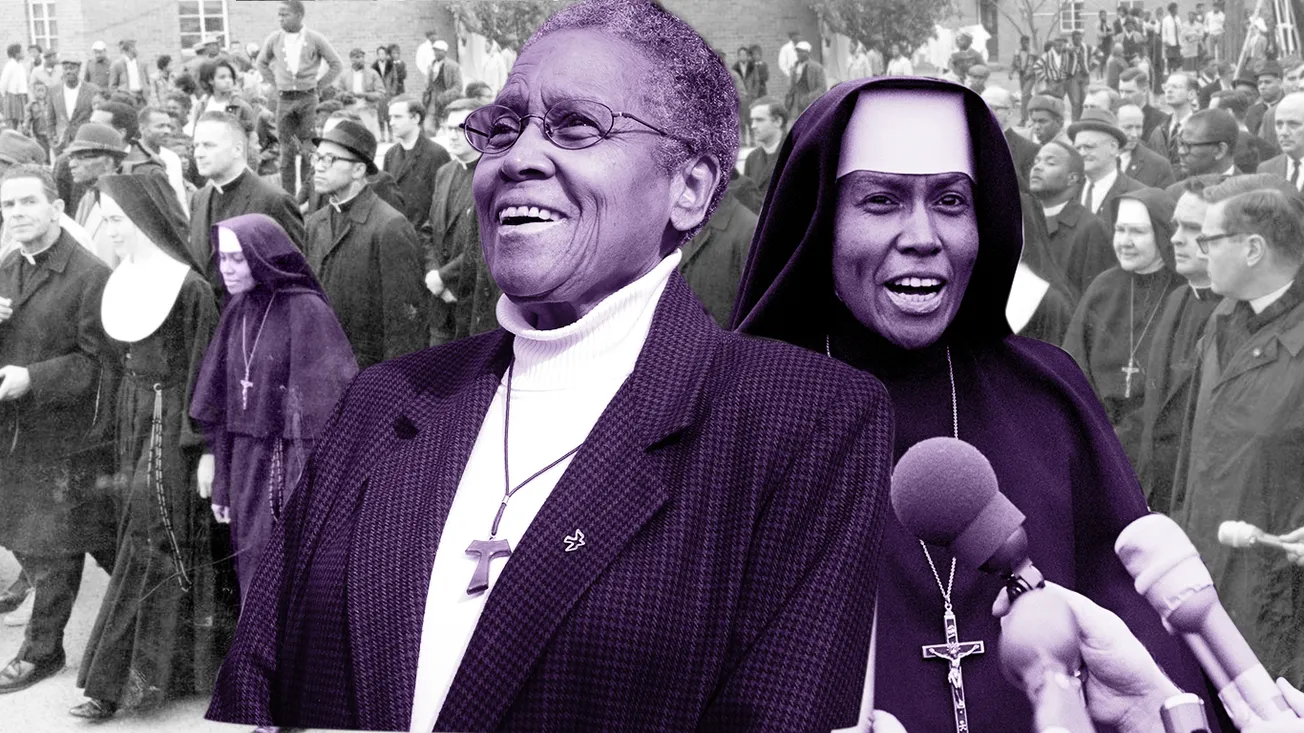The Louisiana Civil Rights Trail unveiled its first physical marker on Monday, and the honoree is none other than Dooky Chase restaurant in New Orleans, the Black Catholic-owned eatery best known for its late chef Leah Chase.
The life-sized steel figurine and placard, designed by Ernest M. English, were feted in a ceremony led by Louisiana Lieutenant Governor Billy Nungesser, who is spearheading the trailmarkers as part of a bid to increase tourism in the state.
The trail itself debuted in February during Black History Month.
A second marker at the Old State Capitol was introduced yesterday, honoring the thousands of Black people who boycotted the buses there during the Movement, and a third will debut in Shreveport on Friday at Little Union Baptist Church—where MLK preached one of his last sermons.
Dooky Chase today serves as a New Orleans staple and a lasting reminder of Chase’s—and, by proxy, New Orleans’—impact on the national and international food scene. Then, it doubled as a meeting place for civil rights leaders, including Chase and her husband Edgar “Dooky”, Jr., the eatery’s namesake.
The trail’s website describes a “secret” upstairs meeting room inside where other leaders (including Black Catholics such as the late attorneys A.P. Tureaud and Ernest “Dutch” Morial) met to plan the movement’s activities and protests.
Chase spoke with reporters in 2014 about this period, saying that when the Freedom Riders “left from New Orleans to... Birmingham and other places, they came [to Dooky Chase] first.”
Monday’s event, attended by Morial’s widow Sybil and Chase’s children Edgar III and Stella Reese, throws a bit of a wrench in the notion that Catholics were uninvolved in the Civil Rights struggle.
Another notion challenged by the trail listings is the idea that the Civil Rights Movement was purely nonviolent, as it highlights Jonesboro and Bogalousa as hubs of the Deacons for Defense and Justice, an armed Black activist group committed to self-defense.
The trail also includes another lesser known Black Catholic site from the Civil Rights Movement, which like Dooky Chase served as a secret upstairs haven for the Freedom Riders.
When they arrived in New Orleans in 1961 after a harrowing journey through the Deep South—including an unplanned (and bomb-threatened) plane trip to the Crescent City from Birmingham—the activists were prevented from staying in a hotel.
Instead, Dr. Norman C. Francis (longtime president of Xavier University of Louisiana and an activist himself) offered for them to stay on campus on the third floor of the aptly-named St Michael’s Hall—which they did without notifying the local press.
A third meeting place in New Orleans, the old Knights of Peter Claver Building, is also listed on the trail, having additionally served as the law offices of Tureaud and Morial (who were longtime Knights themselves).
As of Thursday, only the three aforementioned trailmarkers have been announced or unveiled, though Nungesser says 15 more will go up this year.
Nate Tinner-Williams is co-founder and editor of Black Catholic Messenger, in priesthood formation with the Josephites, and a ThM student with the Institute for Black Catholic Studies at Xavier University of Louisiana (XULA).


